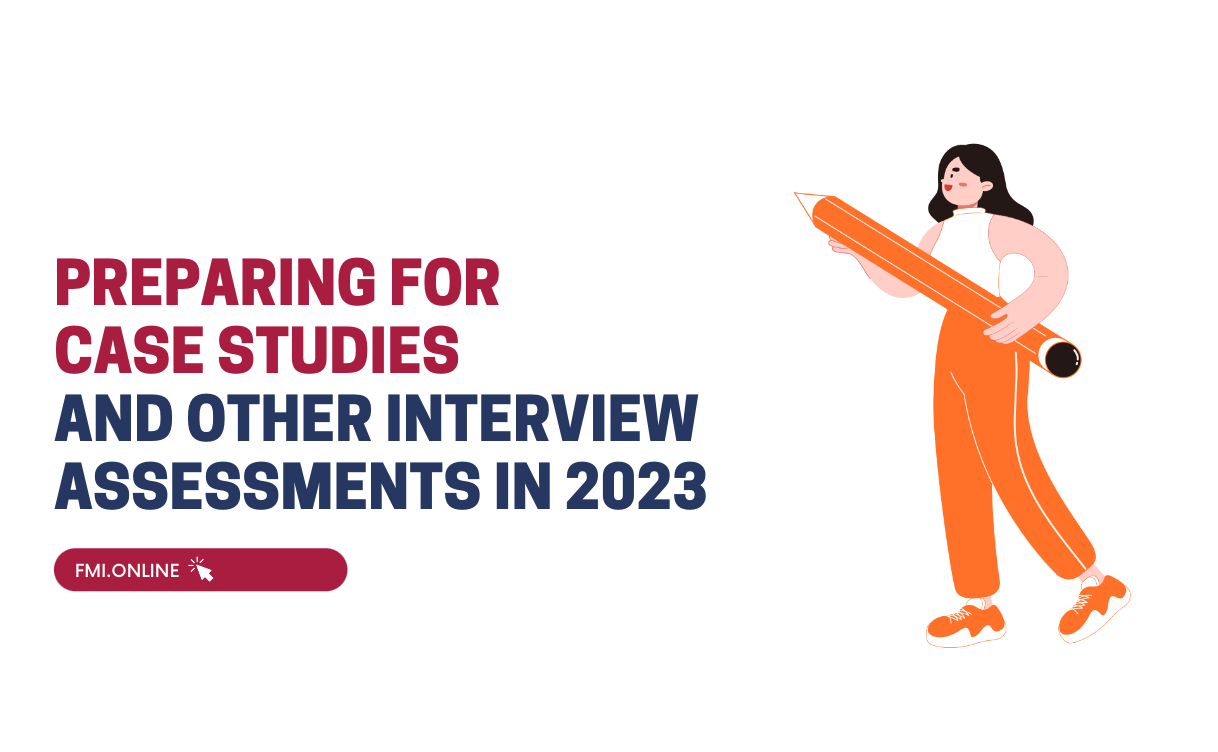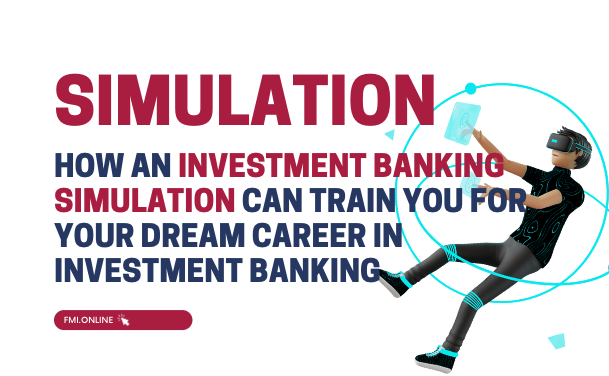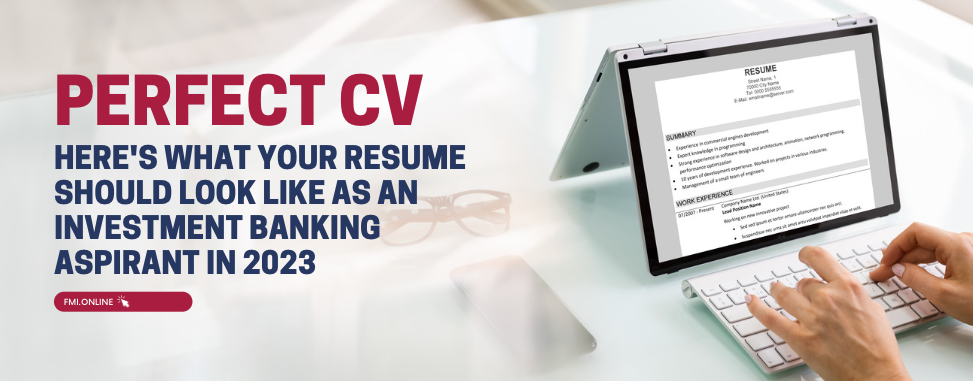One of the most common questions you will be asked during an investment banking or finance interview is “How do you value a company?” The question can seem broad and vague, however, it is useful for various purposes such as tax reporting, raising capital, or selling and acquiring a company.
Hence, it is essential to have a clear understanding of the concept and the ability to articulate it well during the interview.
What is a company’s value?
According to the Harvard Business Review, company valuation or business valuation is the process of calculating the total economic value or worth of a business and its assets.
How to calculate a company’s value?
A straightforward way to calculate a company’s value can be Assets – Liabilities, which is also known as the Book Value. However, this method doesn’t account for the entirety of a business’s financial health. Hence, there exist a few specific models to assign a value to a company. The four major ones are Multiples, Market Capitalisation, Discounted Cash Flow, and Precedent Transactions.
1. Multiples Model:
This approach uses industry-wide financial metrics used by similar companies to value a company. The formula is:
The metrics commonly used are financial ratios namely, Price-to-Earning ratio, Price-to-Sales ratio and Earnings Before Interest, Tax, Depreciation and Amortisation (EBITDA). For example, to calculate the value of company X in the banking sector using this method, one could take the average of say, the EBITDAs of other significant companies in the same industry and multiply that by X’s annual revenue.
This approach rests on the assumption that companies that have similar revenues and earnings drivers should be worth about the same.
2. Market Capitalisation Model:
This is one of the simplest methods to calculate a company’s value. Market Value Capitalisation measures a company’s value based on stock price and shares outstanding. The formula is:
This method, however, works only for publicly-traded companies. For example, in January 2022, Apple became the first company in the world to be valued at $3 trillion based on this method.
The drawback of using market capitalisation is that it is deciphered based only on equity. However, most companies’ capital consists of debt and equity.
3. Discounted Cash Flow Model:
Discounted Cash Flow (DCF) is a business valuation technique based on future growth potential. It predicts a company’s value based on what can be the ROI for the company. The formula is:
Here’s what it means:
CF = Cash flow during a given year (can include as many years as you’d like, simply follow the same structure).
r = discount rate also called the weighted average cost of capital (WACC). This is the rate that a business expects to pay for its assets. You can read in detail about the WACC here.
The advantage of the DCF method is that it is based on a company’s potential to generate liquid assets. However, the obvious shortcoming of this approach is that is somewhat dependent on the assumptions made about future growth and discount rates. So, it should be used when future cash benefits can be forecasted using reasonably accurate numbers and methods.
4. Precedent Transactions Model:
Also called the Transactions approach, this method compares the company in question to other similar businesses that may have been sold or acquired. This analysis aims to estimate the worth of a share of stock in the case of an acquisition.
What Next?
After you have sharpened your understanding of each method, its benefits and drawbacks, you should be able to exhibit to the interviewer that you can also implement any of these methods if needed.
To do so, you must present examples – either real-time ones, if you have been involved in the valuation of a company in the past or those based on your independent analysis of a company. In the case of the latter, you can base your research on a specific industry instead of trying to understand multiple companies. Then you should use the quantitative methods above to explain how you calculated the worth of the particular company.
Career coach and strategist Jena Dunay’s video explains how you can answer the “How do you value a company” question in further detail.
Conclusion
As an aspiring investment banker or financial analyst, you must know how to value a company. At the interview, your job is to demonstrate that you clearly understand the concept and can put it into motion. The best way to do so is through examples of using either the Market Cap, Multiples, Discounted Cash Flow or Precedent Transactions Method. Since you know beforehand that you will be asked this question, you can gain an edge by solidifying your knowledge of it as well as by presenting it coherently.












 60+ hours
60+ hours 9 courses
9 courses



